Market Trends
Key Emerging Trends in the Thyristor Market
The Thyristor market is experiencing several noteworthy trends that are shaping its current landscape and indicating future directions. One prominent trend is the increasing integration of thyristors in renewable energy systems. As the world emphasizes the transition to clean energy, thyristors play a crucial role in controlling and converting electrical power in applications such as solar inverters and wind turbines. This trend aligns with the global push for sustainable solutions and is expected to drive the growth of the Thyristor market in the coming years.
Another significant trend is the continuous evolution of thyristor technology. Manufacturers are investing heavily in research and development to enhance the performance and efficiency of thyristors. Advancements in semiconductor materials, design architectures, and manufacturing processes contribute to the development of more compact, reliable, and energy-efficient thyristors. This trend reflects the industry's commitment to staying at the forefront of technological innovation to meet the evolving demands of diverse applications.
The rise of electric vehicles (EVs) is a notable trend influencing the Thyristor market. Thyristors are integral components in the power electronics of EVs, facilitating efficient energy conversion and control. As the automotive industry increasingly adopts electric propulsion, the demand for thyristors in this sector is expected to surge. This trend is indicative of the broader shift toward sustainable transportation and the role thyristors play in enabling the electrification of vehicles.
Industry 4.0 and the Internet of Things (IoT) are driving trends that impact the Thyristor market. The increasing connectivity of devices and the demand for smart solutions in industrial processes lead to a growing need for advanced thyristors. These components are essential for precise control and efficient management of electrical power in automated and interconnected systems. The trend towards greater digitization and connectivity in industries is anticipated to fuel the demand for thyristors with enhanced capabilities.
Energy efficiency remains a persistent trend in the Thyristor market. As industries and consumers alike prioritize energy conservation, manufacturers are focusing on developing thyristors with improved efficiency and reduced power losses. This trend aligns with global efforts to mitigate climate change and optimize energy usage across various applications, from industrial machinery to consumer electronics.
Market consolidation is a trend shaping the Thyristor market, with larger companies engaging in strategic acquisitions to strengthen their market position. Acquiring complementary technologies or expanding product portfolios allows companies to offer a comprehensive range of solutions to customers. This trend contributes to the overall competitiveness of the market, as companies seek to leverage synergies and broaden their capabilities.
The trend towards modular and scalable designs is gaining prominence in the Thyristor market. Manufacturers are developing thyristors with modular architectures that can be easily integrated into various systems and scaled based on the application's requirements. This trend addresses the need for flexibility and adaptability in diverse industries, allowing for efficient customization and integration into different electronic devices and systems.
Geographically, the Thyristor market is witnessing increased demand from emerging economies. Rapid industrialization and infrastructure development in regions such as Asia-Pacific contribute to the growing market trends. As these economies embrace technological advancements, the demand for electronic components, including thyristors, experiences a significant upswing. This trend underscores the global nature of the market, with diverse regions contributing to its expansion.

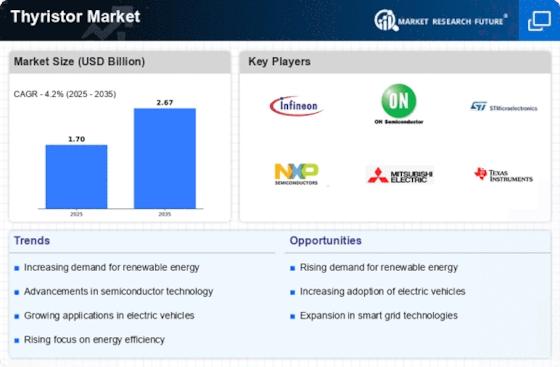
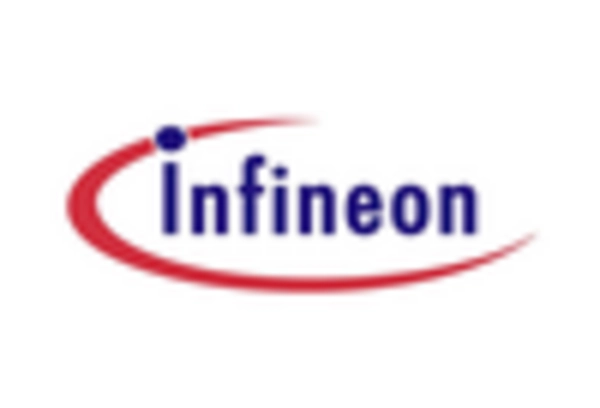
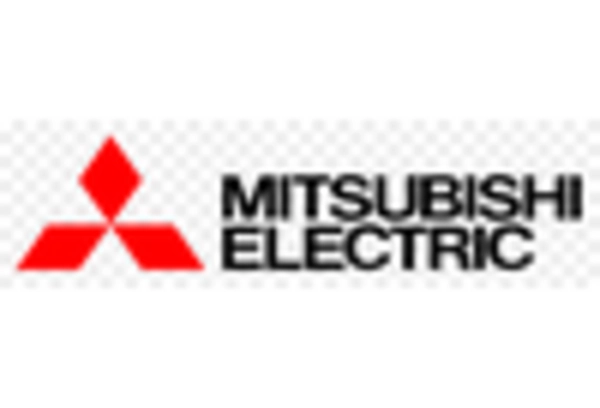
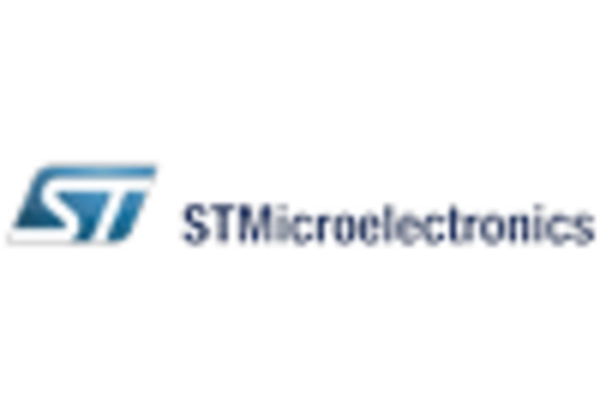
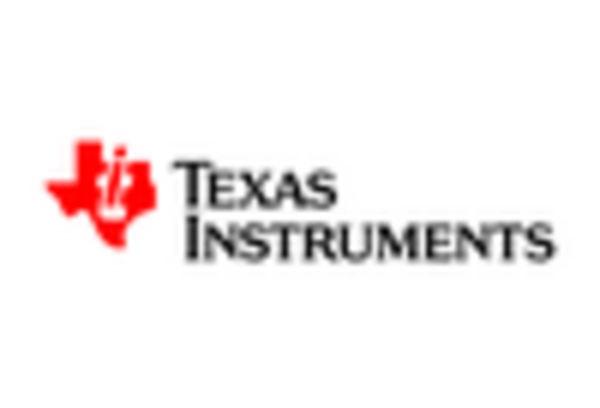









Leave a Comment